

— Blogs —
—Products—
 Consumer hotline +8618073152920
Consumer hotline +8618073152920 WhatsApp:+8615367865107
Address:Room 102, District D, Houhu Industrial Park, Yuelu District, Changsha City, Hunan Province, China
Product knowledge
Time:2025-05-09 15:21:25 Popularity:965
In modern agricultural production, precise weather monitoring has become a crucial element in improving farm management efficiency and crop yield. As an essential part of modern agricultural technology, field weather stations provide vital data support for precision agriculture. By collecting real-time weather data such as temperature, humidity, wind speed, wind direction, and rainfall, these stations help farmers and agricultural experts make more scientific and rational decisions, thereby improving agricultural productivity and sustainability.
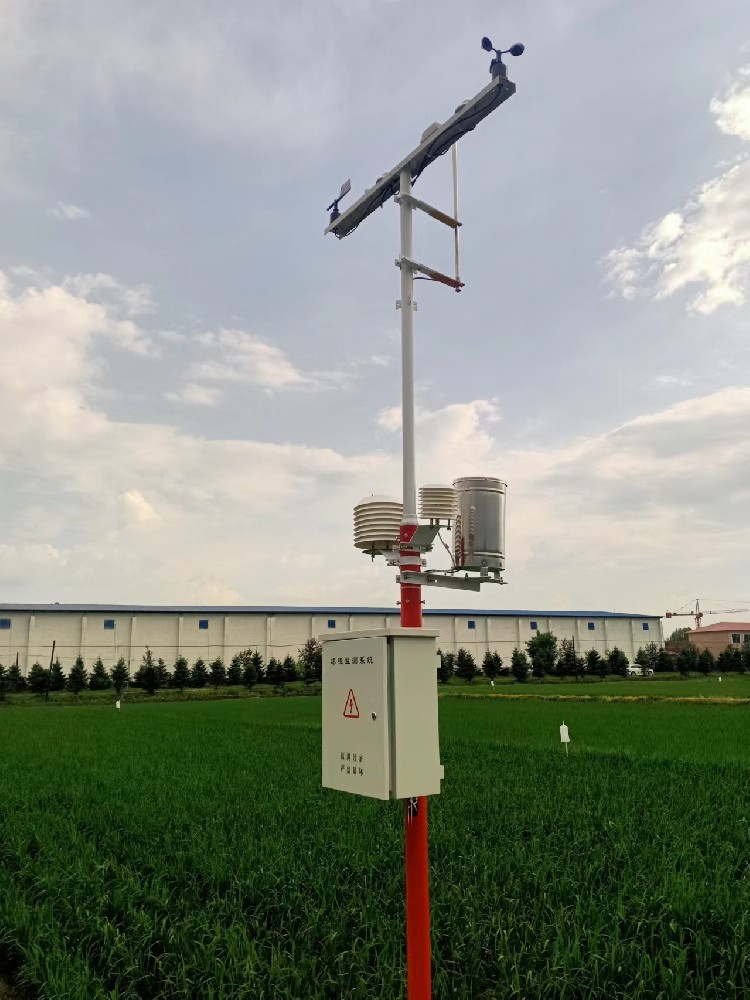
Field weather stations are designed specifically for agricultural environments and can monitor weather changes both inside and outside the farm in real-time. This weather data is critical not only for farm management but also for supporting agricultural decision-making. Below are some of the key applications of field weather stations in agriculture:
Efficient water resource utilization is one of the core issues in modern agricultural management. Field weather stations monitor soil moisture and rainfall in real time, helping farmers understand soil moisture changes and arrange irrigation timing and water quantity appropriately. This way, farmers can avoid excessive irrigation and the resulting water waste while ensuring crops grow under optimal water conditions, improving both yield and quality.
For example, during drought seasons, the field weather station provides real-time soil moisture information, assisting farmers in adjusting irrigation plans. Changes in relative humidity also provide predictions about rainfall trends, helping to regulate irrigation timing and amounts, thereby reducing unnecessary water resource wastage.
The occurrence of pests and diseases is closely related to weather conditions, especially the changes in temperature and humidity that directly affect the spread and reproduction of pests and diseases. Field weather stations can precisely monitor temperature, humidity, and other weather data, offering early warnings for pest and disease outbreaks.
By analyzing weather data, agricultural experts can predict pest and disease trends and develop scientific prevention measures. For instance, when humidity is high or temperatures rise, the field weather station can warn farmers to take appropriate pest or disease control actions, reducing pesticide usage and minimizing environmental pollution while lowering production costs.
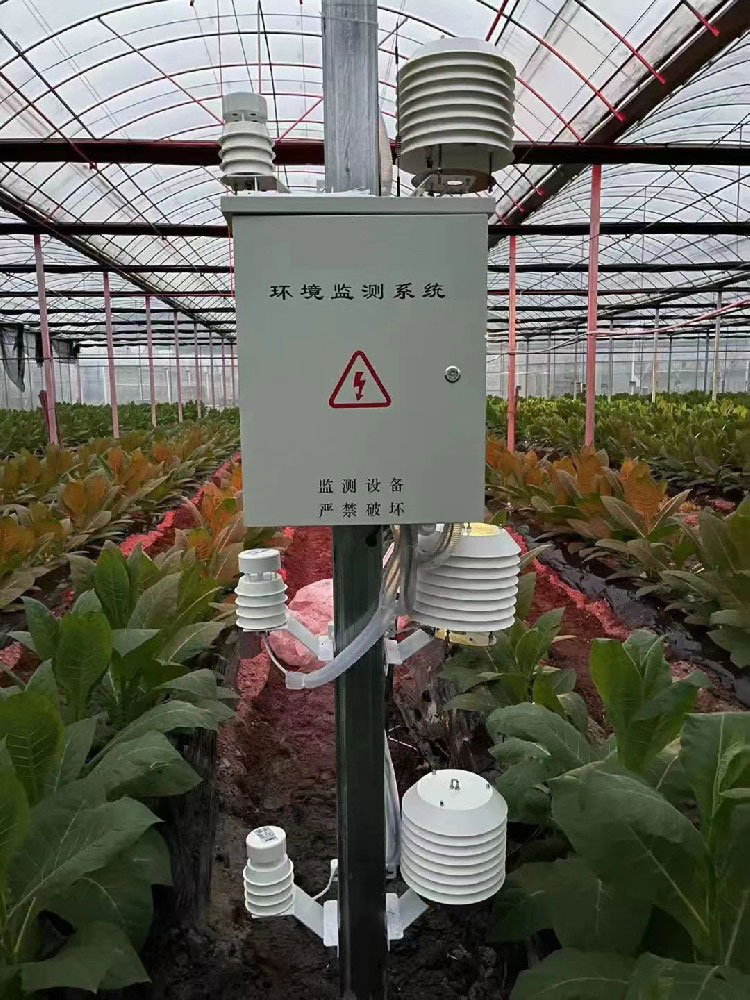
Agricultural meteorological services provide farmers with precise weather forecasts and decision support based on weather data. The real-time data from field weather stations offers valuable information to meteorological service departments. By analyzing this weather data, experts can provide farmers with accurate weather forecasts, farm disaster warnings, and crop growth assessments.
For instance, through long-term weather data accumulation, farmers can reasonably plan sowing and harvest times based on anticipated weather changes, avoiding crop damage in extreme weather conditions. Meteorological service departments can also guide farmers to take suitable measures to protect crops, reducing the risks posed by climate change.
Another key role of field weather stations is to enhance the intelligence of agricultural production. With the advancement of agricultural informatization, field weather stations equipped with sensors can transmit data to the cloud or local monitoring systems in real time through wireless technology. Farmers can view real-time weather data on their mobile phones or computers anytime and anywhere, allowing them to make quick decisions.
This intelligent management not only improves the efficiency of agricultural production but also enhances farmers' ability to respond to sudden climate changes or extreme weather events, enabling them to take timely actions to prevent production losses.
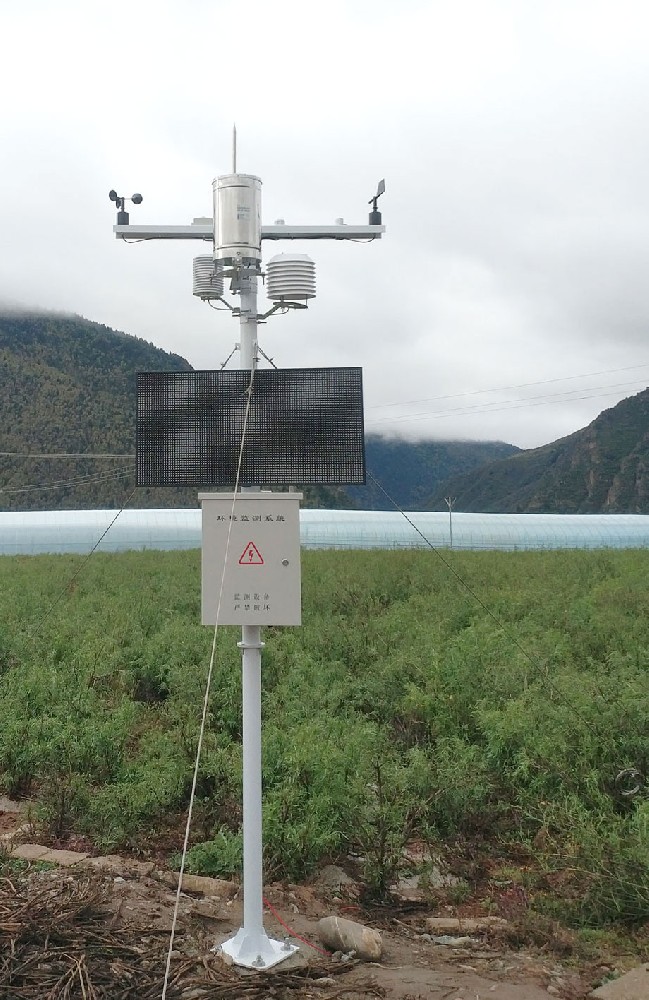
Field weather stations are usually equipped with remote monitoring and data access functions, allowing farmers to check weather data in their fields through the internet or mobile applications from anywhere. This remote capability enhances the flexibility and convenience of management, enabling farmers to monitor weather trends and quickly adjust agricultural management strategies.
By analyzing the weather data collected by field weather stations, farmers can accurately predict the growth cycle and yield of their crops. These data not only help farmers understand the growth status of crops but also assist in making informed planting decisions.
For example, by monitoring changes in temperature and humidity, farmers can predict the growth speed of crops and adjust fertilization, irrigation, and other management practices accordingly to improve yield and quality.
The core of field weather stations lies in their high-precision sensor systems and data processing capabilities. Their design must meet the specific needs of the agricultural environment, including high precision, stability, and resistance to interference. Typically, field weather stations are equipped with the following sensors:
- Temperature and Humidity Sensors: To monitor the air temperature and humidity, providing basic data support for crop growth.
- Light Intensity Sensors: To measure light intensity, helping to assess the effectiveness of crop photosynthesis.
- Wind Speed and Direction Sensors: To monitor wind speed and direction, providing meteorological support for irrigation, drainage, and other agricultural activities.
- Rainfall Sensors: To accurately measure rainfall, helping farmers predict its impact on farmland.
- Soil Moisture Sensors: To monitor the moisture content in the soil, assisting in the proper arrangement of irrigation.
Additionally, field weather stations are typically designed to be waterproof, dustproof, and resistant to UV radiation to withstand harsh outdoor environments.
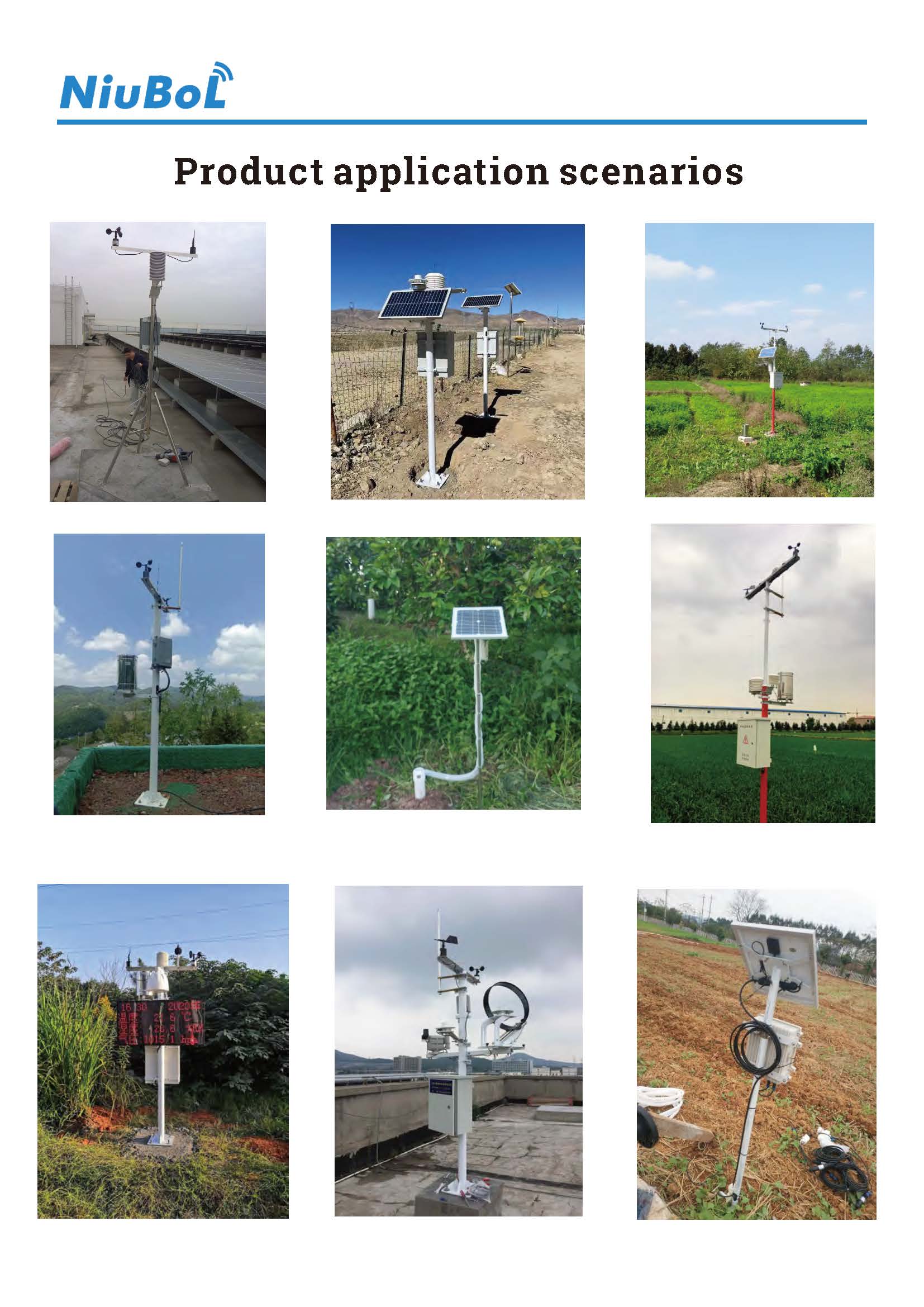
As the demands for modern agricultural management continue to grow, field weather stations have become an essential tool for improving agricultural production efficiency and promoting sustainable development. By providing precise weather data monitoring, intelligent data analysis, and transmission, they not only enhance the scientific management of farmland but also provide farmers with accurate decision support. With continuous advancements in technology and deeper applications, field weather stations will play an increasingly important role in future agricultural production, helping global agriculture move toward an intelligent and sustainable new era.
Prev:Field microclimate weather stations:monitoring system for smart agriculture
Next:Guide to Installing and Maintaining a Small Meteorological Station
Related recommendations
Sensors & Weather Stations Catalog
Agriculture Sensors and Weather Stations Catalog-NiuBoL.pdf
Weather Stations Catalog-NiuBoL.pdf
Related products
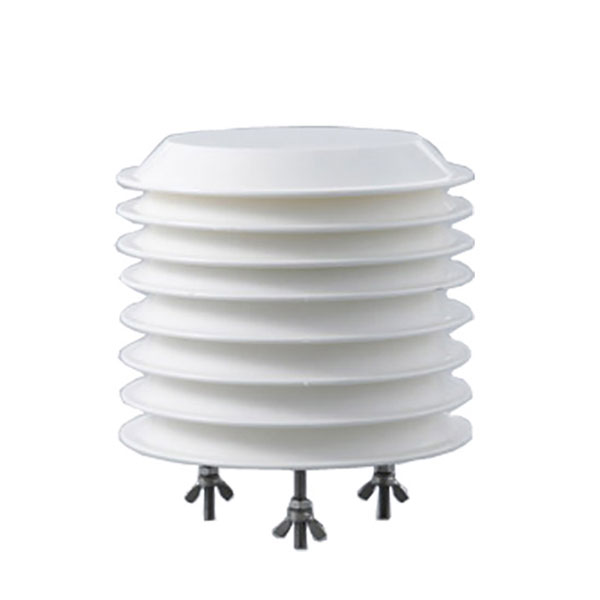 Combined air temperature and relative humidity sensor
Combined air temperature and relative humidity sensor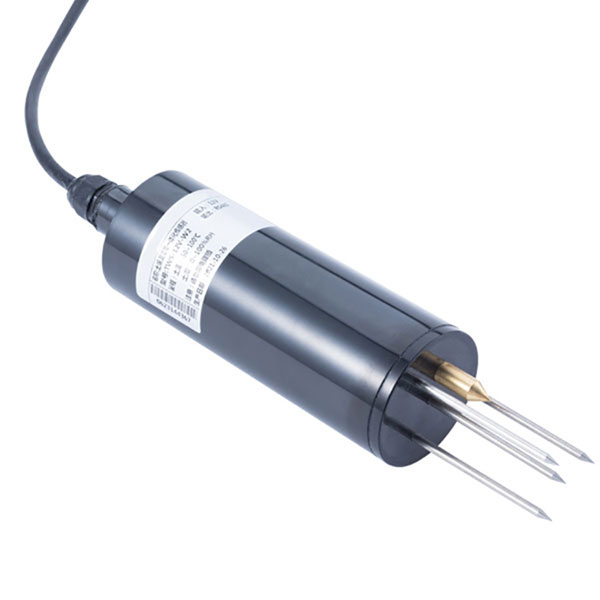 Soil Moisture Temperature sensor for irrigation
Soil Moisture Temperature sensor for irrigation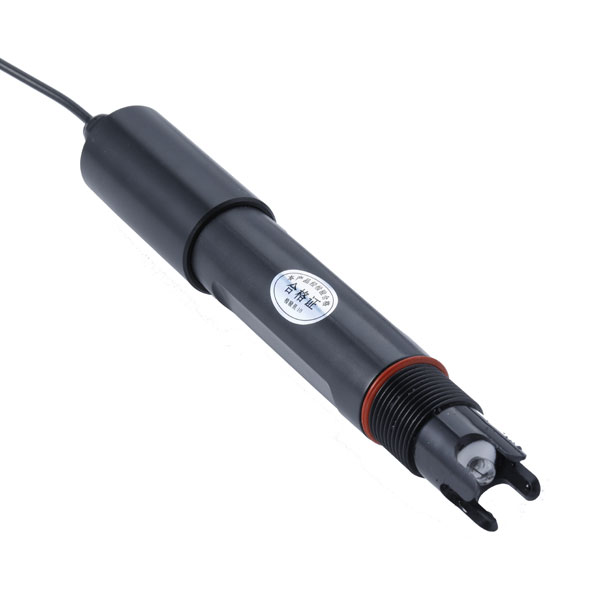 Soil pH sensor RS485 soil Testing instrument soil ph meter for agriculture
Soil pH sensor RS485 soil Testing instrument soil ph meter for agriculture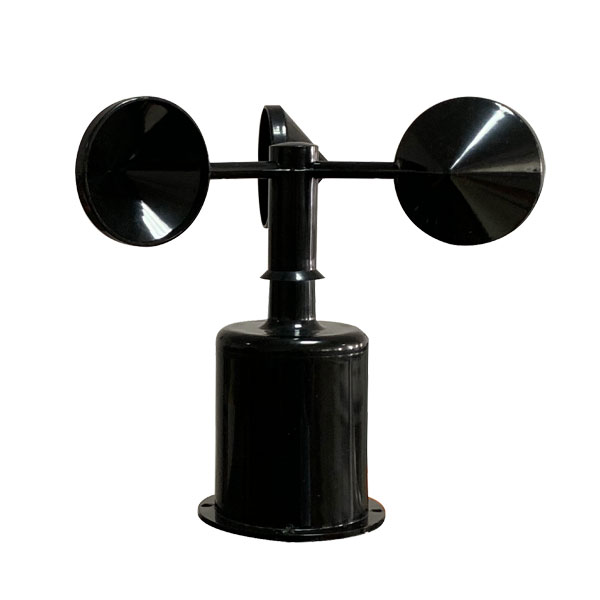 Wind Speed sensor Output Modbus/RS485/Analog/0-5V/4-20mA
Wind Speed sensor Output Modbus/RS485/Analog/0-5V/4-20mA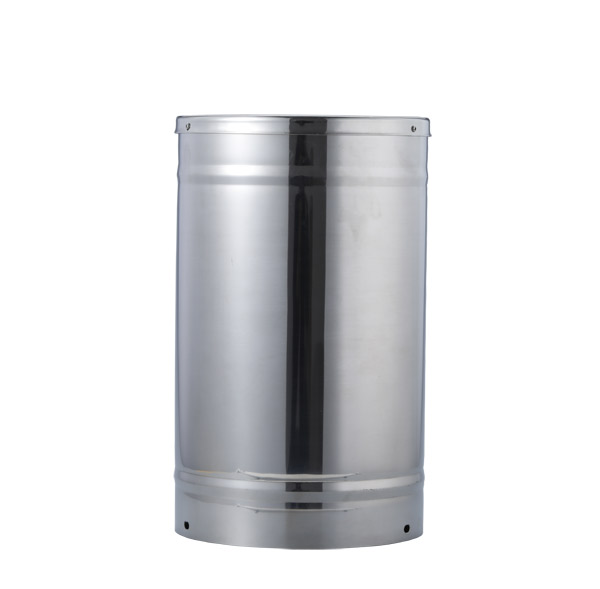 Tipping bucket rain gauge for weather monitoring auto rainfall sensor RS485/Outdoor/stainless steel
Tipping bucket rain gauge for weather monitoring auto rainfall sensor RS485/Outdoor/stainless steel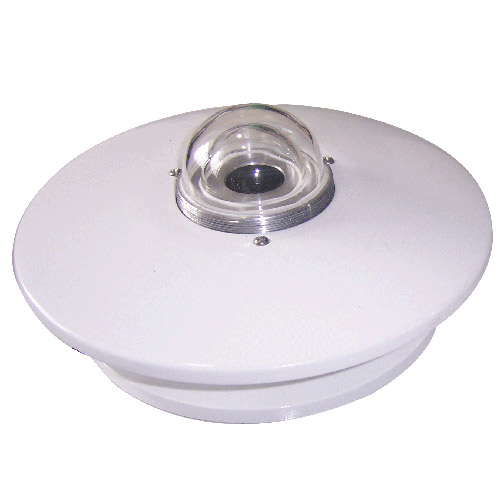 Pyranometer Solar Radiation Sensor 4-20mA/RS485
Pyranometer Solar Radiation Sensor 4-20mA/RS485
Screenshot, WhatsApp to identify the QR code
WhatsApp number:+8615367865107
(Click on WhatsApp to copy and add friends)
